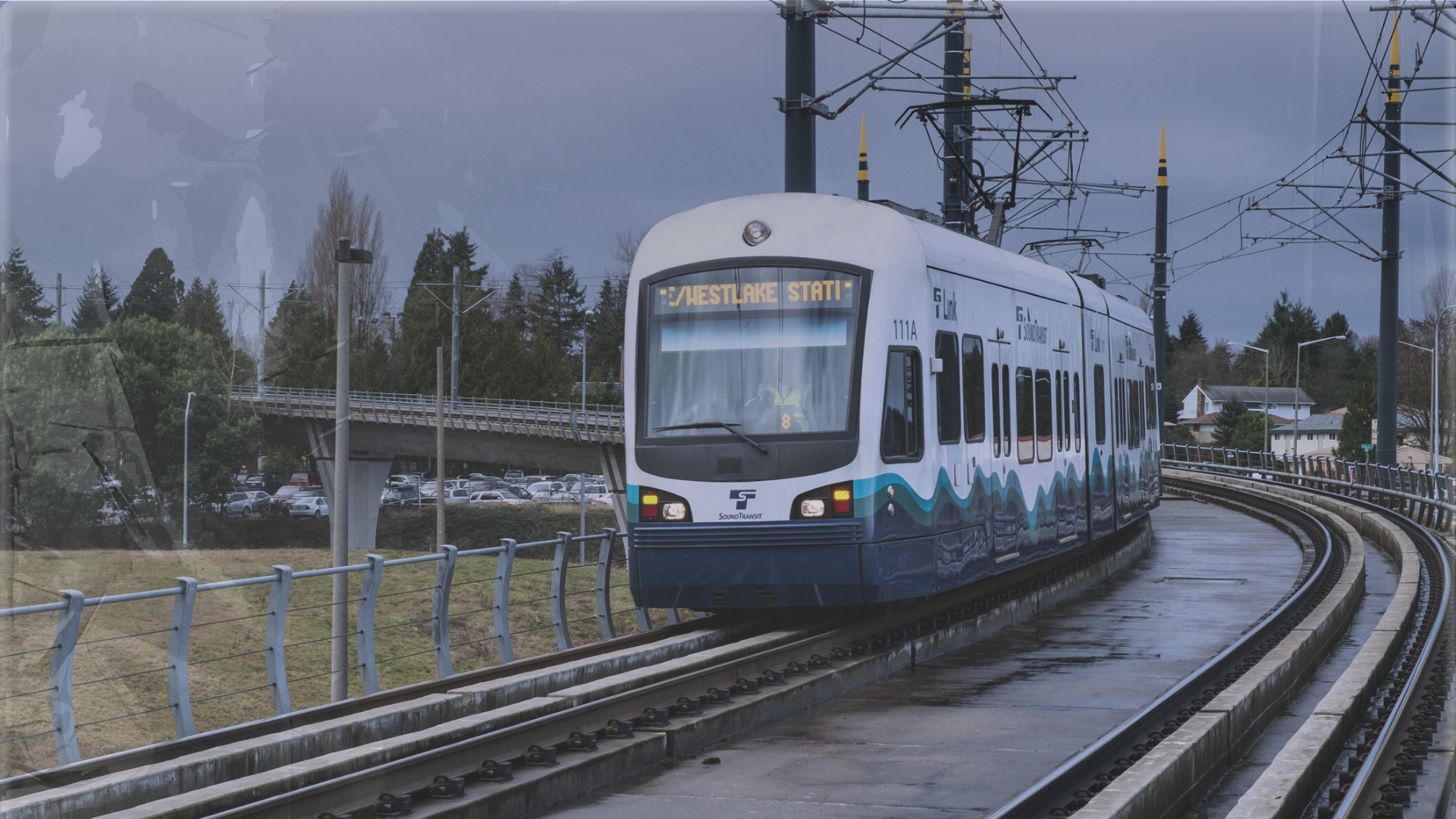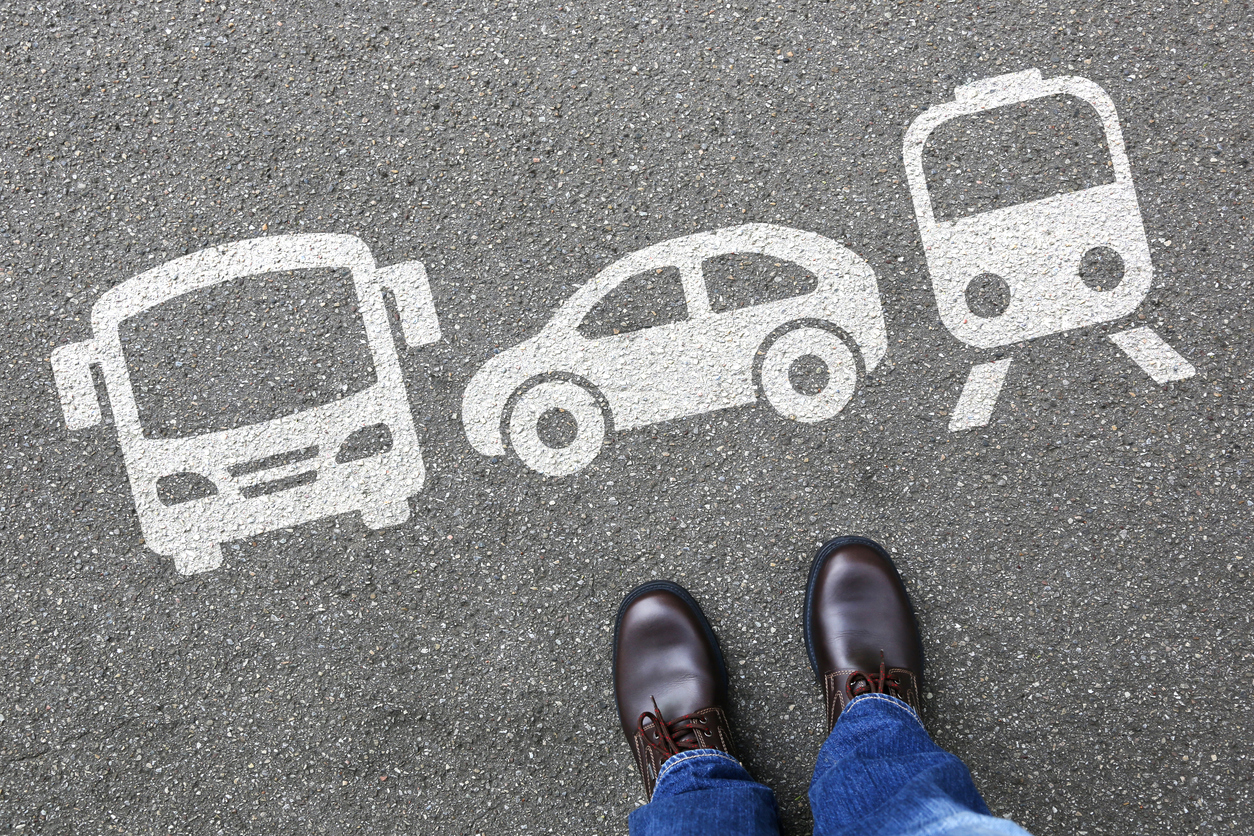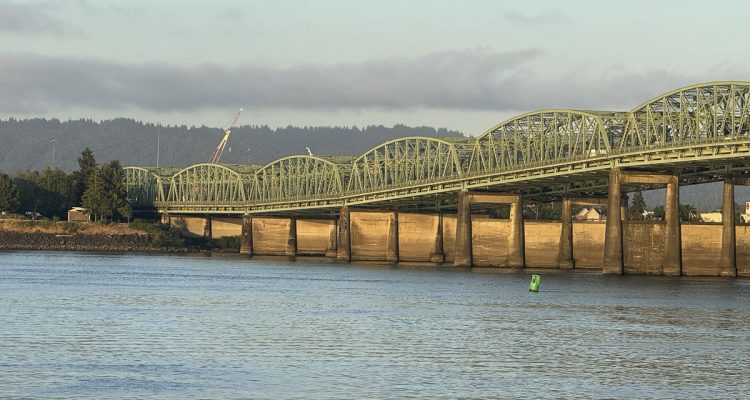To gauge public perception of a road usage charge (a pay-per-mile tax) and how Washington State Transportation Commission (WSTC) officials can impose it despite its unpopularity, a statewide telephone survey was conducted of 602 Washington residents last June. The findings were included in a presentation to the Road Usage Charge Steering Committee on July 27, 2017.
According to the survey:
- 58% of surveyed residents opposed implementing a road usage charge,
- 59% of residents felt that government does not do a good job managing transportation spending in Washington, and
- 61% felt that “a road usage charge is just another way for Washington government to tax people.”
The survey also found that, for purposes of evaluating effective messaging, “reasons to support a road usage charge are generally less convincing than reasons to oppose.” The reasons to support a road usage charge in the survey included messaging about electric and hybrid vehicles paying a fair share, stability as a funding model, and whether the gas tax is unfair to people who cannot afford newer cars.
Messaging points about fairness are emotionally moving, but do not tell a complete or necessarily accurate story of why public officials want more revenue from drivers who already pay the second highest gas tax in the nation.
What is even more concerning about the July presentation is that public officials know that a mileage tax is unpopular in Washington state, but move past the survey results to find messaging that will get them what they want anyway.
They admit that to sell the new tax, the “road use charge will need non-government messengers (government may not be the best messenger).” Officials also say they plan to “emphasize outcomes (such as reduced congestion) that are important to Washingtonians over policy and technical details.”
This suggests that the flat 2.5 cent per mile rate that is currently being proposed is flexible and would likely be increased to price people off of roads. This is called congestion pricing and the WSTC advocates for it in their 2016 Annual Report.
If public officials get the new tax that they want, the money collected from drivers could be diverted to transit, which the Washington State Transportation Commission says “can play an impactful role in relieving congestion.” Their friends at Sound Transit would welcome more money, but would disagree that transit relieves congestion, as they acknowledge that congestion will get worse whether transit (and specifically light rail) is built or not.
It is unsurprising that the WSTC, like other public agencies working against what the traveling public demands, is struggling to find messaging that works:
Washington State Transportation Commission: “Transit can play an impactful role in relieving congestion.”
Sound Transit: “We’ve never said we will reduce congestion.”
Washington State Department of Transportation: “We can’t build our way out of congestion.”
Despite what public officials want, it is clear that real working families want traffic congestion relief, not management.
Unfortunately, the reason congestion relief is popular is because it is not being provided.
Drivers pay a tremendous amount of money toward transportation, yet are told to take transit or pay more to drive instead. This erodes public trust, which is clearly seen in the survey results that were reported to the steering committee. Rather than using the results to their advantage and plotting how they can push through a new tax that drivers don’t want, public officials should focus on responding to what people do want: congestion relief and improved mobility.
You can view the entire presentation to the Road Usage Charge Steering Committee here.






